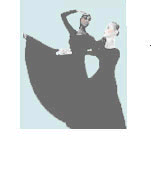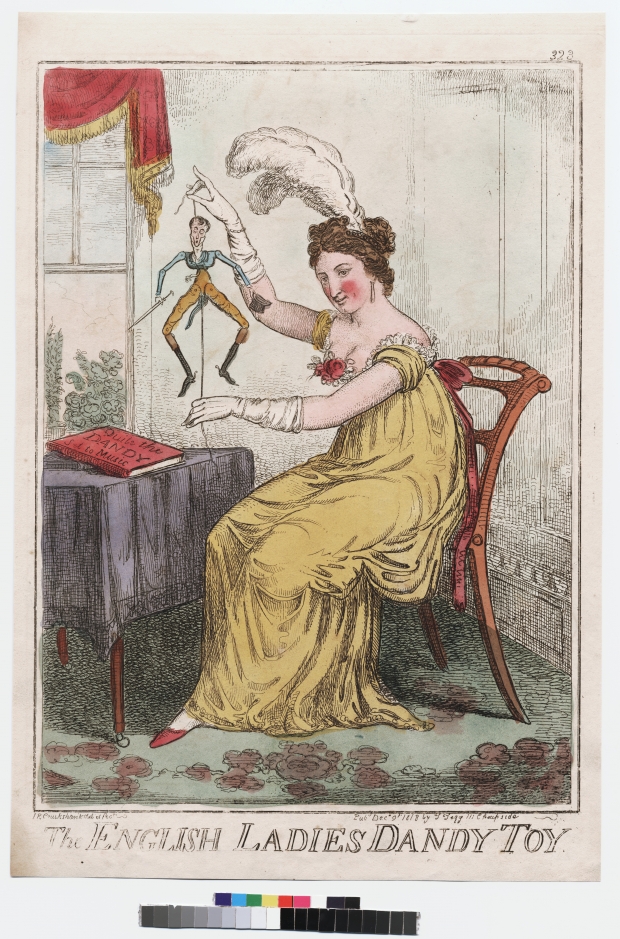
Literature and Poetry
 Ferida Wolff's Backyard: Daffodils and Spring; Squirrels - Enough Already!
Ferida Wolff's Backyard: Daffodils and Spring; Squirrels - Enough Already!
Ferida Wolff writes: Friendships come and go and some hang around regardless of the different seasons of life. I am grateful for my perennial garden that is there for me year after year, sharing its bounty, and I value my friendships that flower so beautifully in my heart.
Daffodils and Spring
The mini daffodils were peeking out of the earth in our backyard, teasing the big daffies beside them to open up and greet the day. They are always a sweet next reminder after the crocuses that Spring is peeking thro… more »
 Jill Norgren Reviews The Graphic Novel, Memoir and Biography
Jill Norgren Reviews The Graphic Novel, Memoir and Biography
Jill Norgren reviews: With the publication several years ago of Art Spiegelman's Maus: A Survivor’s Tale, Marjane Satrapi's Persepolis: The Story of a Childhood, and Alison Bechdel's Fun Home readers began to realize that something radical had happened in the world of comics. Stories of airborne Wham! Bam! Super Heroes now share bookstore and library shelf space with graphic biographies and memoir that explore culture, art and science, family relations, racism, sexual identity, politics, and a host of other serious and sometimes controversial topics. more »
 Book Review by Joan L. Cannon, Of War, Maturing, and Class: A Bundle From Britain by Alistaire Horne
Book Review by Joan L. Cannon, Of War, Maturing, and Class: A Bundle From Britain by Alistaire Horne
Joan L. Cannon reviews: Alistaire Horne is the author of over a dozen books of modern history. In this narrative, we realize that the half-century surrounding World War II has lost much of its impact, if only perhaps because of the wars that have succeeded it. A Bundle from Britain is a completely engaging account of Alistaire Horne's evacuation from England near the beginning of the Nazi onslaught on Europe and especially England. As it happened, he was sent to a section of the American world that can hardly stand in as typical of the USA. more »
 Scout Report: Romantic Circles, Ice and Sky Science, Easter Uprising, Locating Forests and Learning Piano Online
Scout Report: Romantic Circles, Ice and Sky Science, Easter Uprising, Locating Forests and Learning Piano Online
The US Forest Service has created this helpful tool for locating state and national forests, parks, and wildlife refuges across the country. On the homepage, visitors simply enter ZIP codes to find local sites of interest. For anyone interested in learning (or relearning) how to play the piano, this website provides a series of free video lessons. Ice and Sky earned a 2016 Webby nomination as an outstanding educational website. Horsethief is a digital magazine from Horsethief Books, a publisher of poetry books "from a diverse group of both emerging and established voices." Exotic and dramatic, Maria Merian's artwork was a valuable tool of discovery for Europeans at the time. more »







